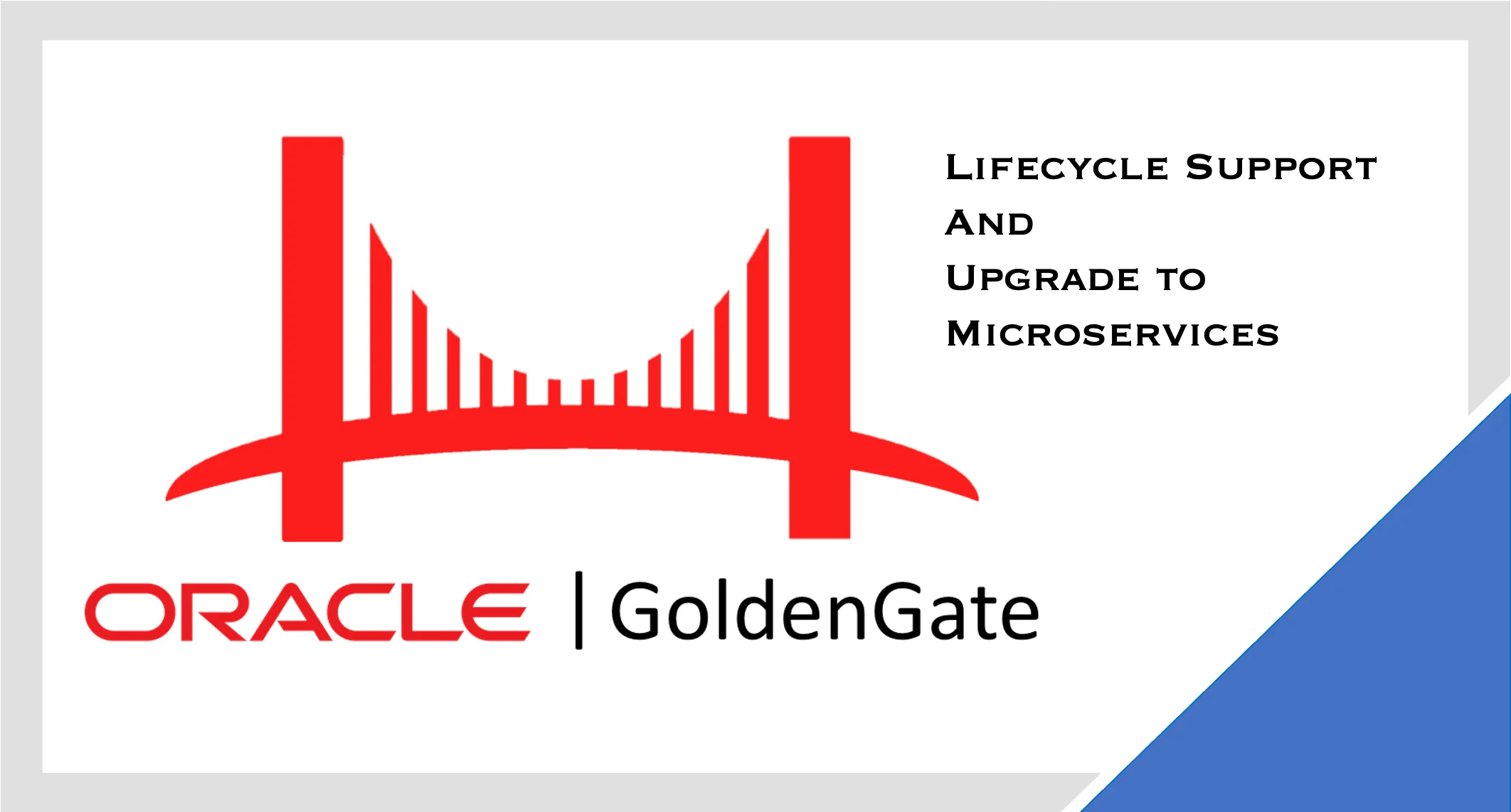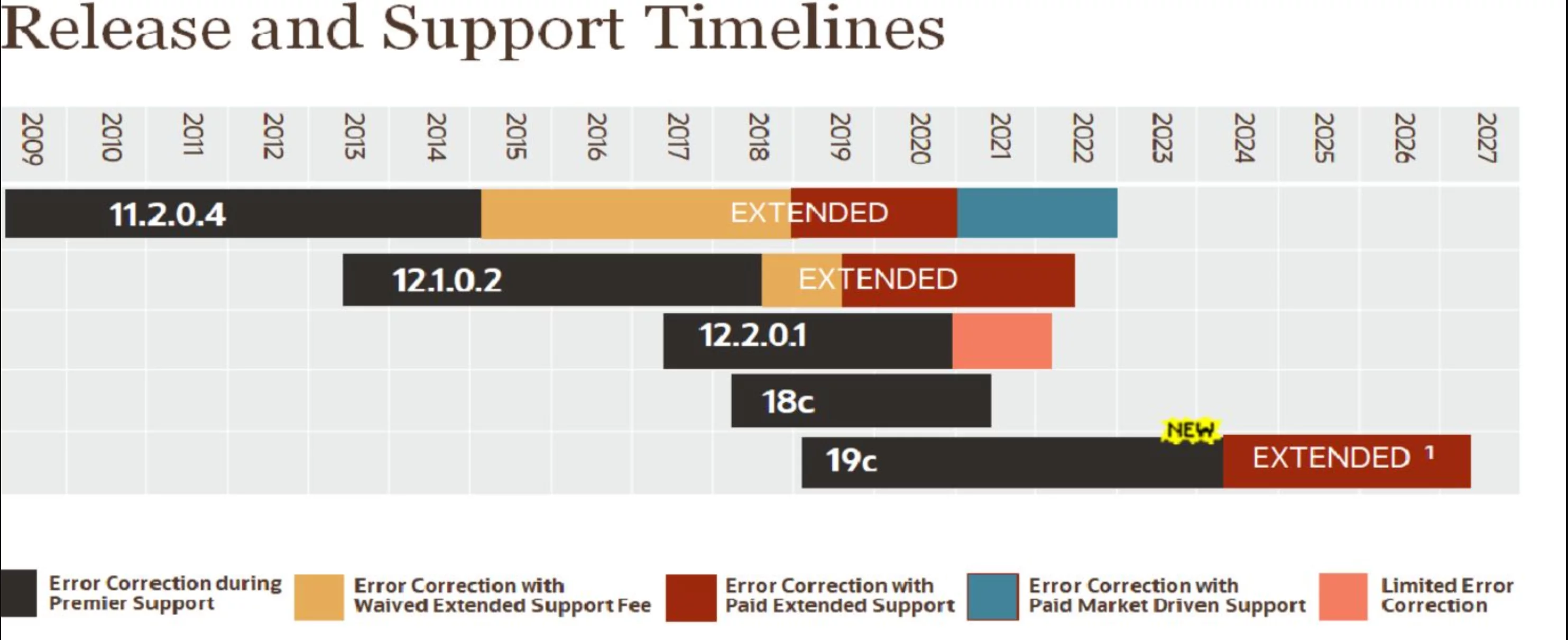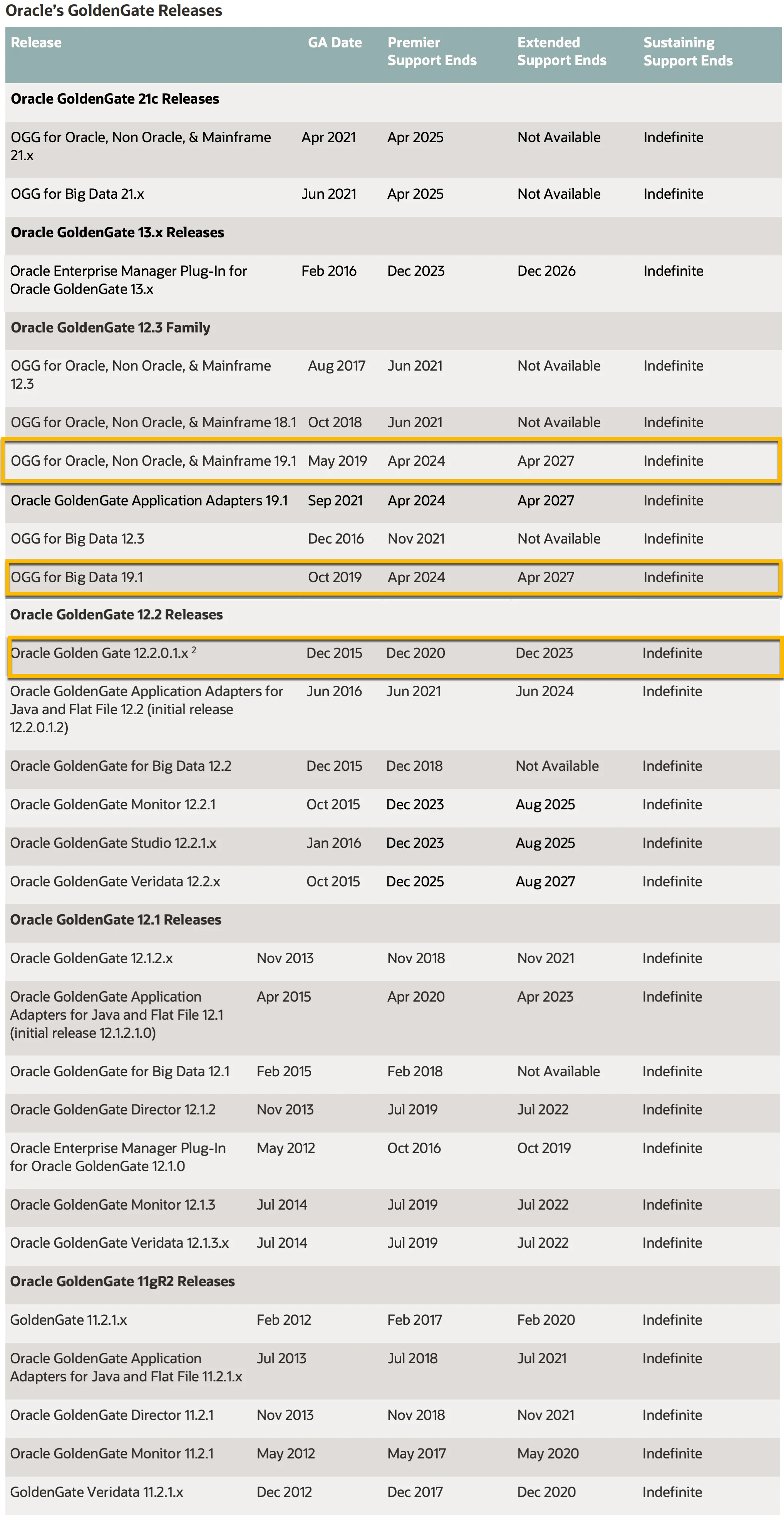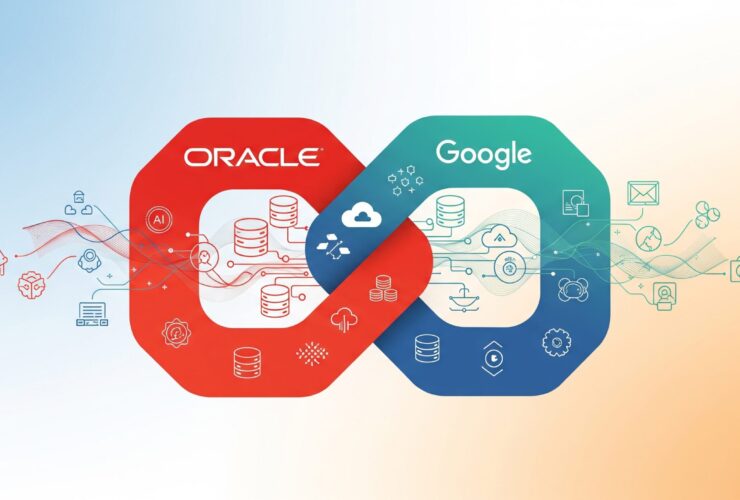Oracle GoldenGate: Lifecycle Support and moving to Microservices

Oracle GoldenGate has been around for nearly thirty years and each year that ticks by more and more innovation is done to improve the product. This means as Oracle GoldenGate matures, the older release of Oracle GoldenGate have to be deprecated and then desupported, over a two year cycle. With Oracle GoldenGate being a heterogeneous product with many different variables in a single architecture, it can be quite confusing on when is the right time to upgrade to the next release.
In the past, Oracle GoldenGate upgrades took time and required extensive planning to upgrade. In August 2017, the innovation that Oracle placed in Oracle GoldenGate was a “microservices” frame work that drastically and dynamically increased the flexibility of Oracle GoldenGate with the 12.3.x family. With the release of “microservices”, Oracle also released a “classic (command line)” version of Oracle GoldenGate within the 12.3.x family – this only added more confusion to what version of Oracle GoldenGate to use when upgrading from older version within a heterogenous framework. At the same time this set the horizon for support on the 12.3.x family of Oracle GoldenGate, after all Oracle cannot maintain two distinct code bases of the same product.
The strategic direction for Oracle GoldenGate is to move away from the “Classic (command line)” version and build more into the “Microservices” version. This has started to happen with an early deprecation of “Classic” when Oracle GoldenGate 21c was released (here). Meaning that Oracle GoldenGate versions that are associated with the 12.3.x family and below will no longer be getting bug/critical fixes or enhancements in the “Classic” architectures. Leaving many customers looking for migration options to “Microservices”.
There are three-ish ways of upgrading Oracle GoldenGate from “Classic” to “Microservices”:
- Install Oracle GoldenGate (Microservices) in parallel to “Classic” and migrate in parallel
- Migrate to Oracle GoldenGate (Microservices) within Oracle Cloud Infrastructure (OCI) Marketpalce
- Migrate to Oracle GoldenGate Service (GGS) within Oracle Cloud Infrastructure (OCI)
All three of these approaches can get your organization off of Oracle GoldenGate (Classic) and get you into a long-term supported version of Oracle GoldenGate on-premises or in the cloud!
Important dates to keep in mind while evaluating your Oracle GoldenGate migration options:
- Oracle GoldenGate 12.3.x family (12.3.0.1, 18.1.x, 19.1.x) – Premier Support Ends – April 2024 (less than a year), Extended Support Ends April 2027 (will go by quickly)
- Oracle GoldenGate 12.2.x releases (12.2.0.1.x) – Premier Support Ended – December 2020, Extended Support Ends – December 2023 (this year)
- Oracle GoldenGate 12.1.x and earlier (12.1.x and earlier) – Premier Support and Extended Support has already expired. Call us and we can help you get to or maintain the platform
All this information can be found in the Oracle Lifetime Support document for Middleware products (here). To make it easier to fine, the summary of support for Oracle GoldenGate Lifecycle is below.


Get in touch today to start your migration from Oracle GoldenGate (Classic) to Oracle GoldenGate (Microservices), either on-premises or in the cloud! RheoData can architect and migrate a solution to meet your requirements! Reach out to us or contact [email protected]
Read about a customer’s success with RheoData on migrating to Oracle GoldenGate (Microservices) -> here


